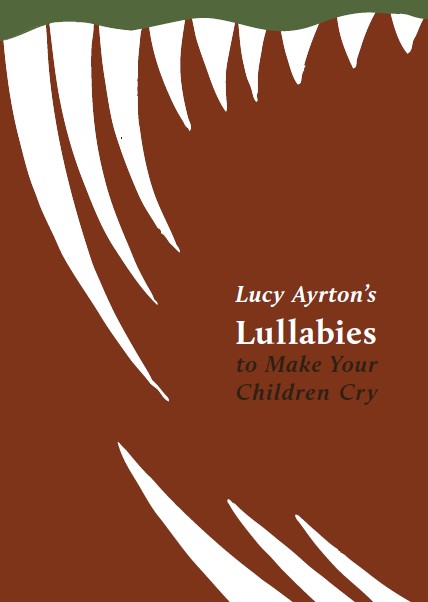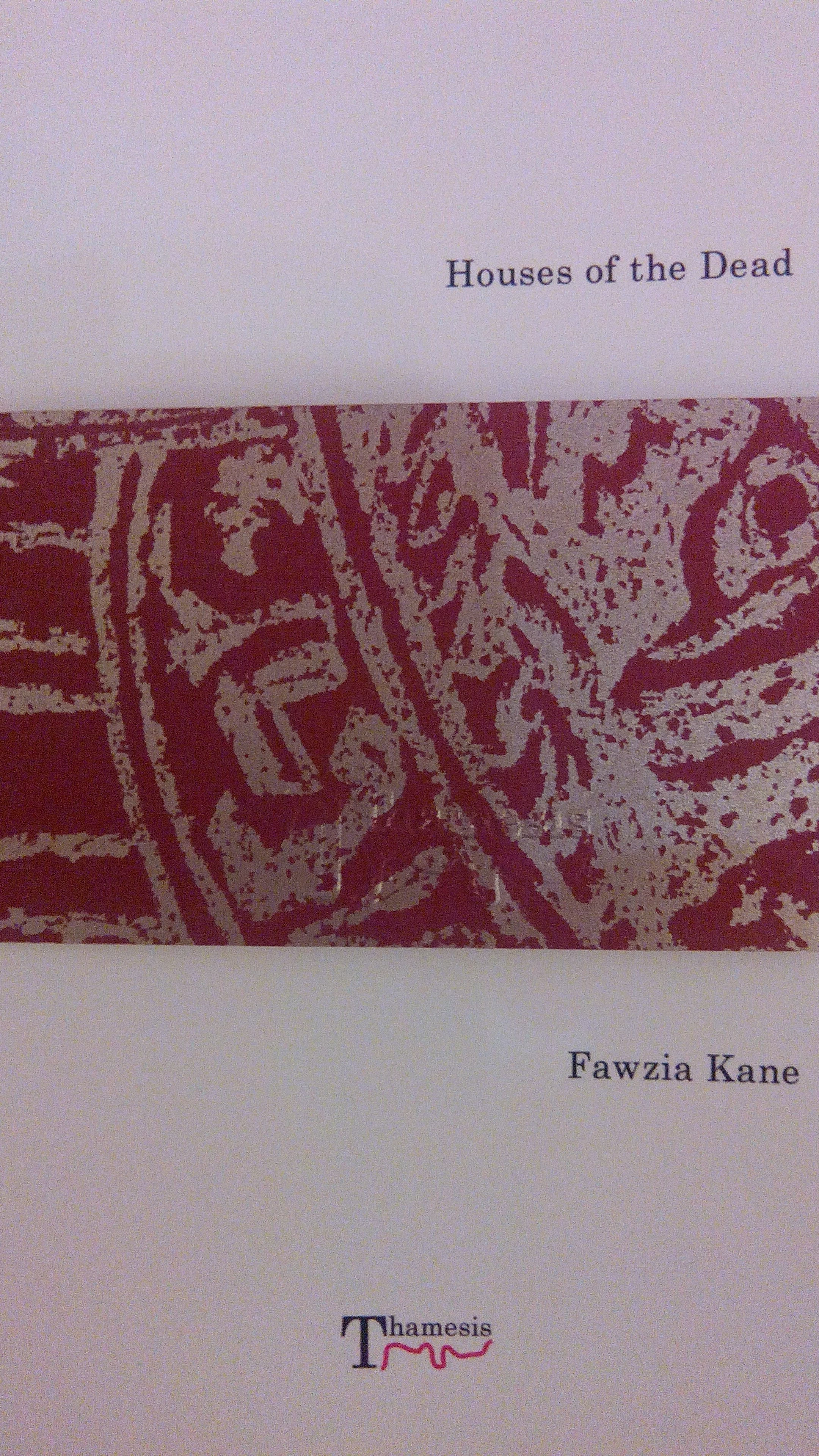‘Lullabies to Make Your Children Cry’ by Lucy Ayrton
-Reviewed by David Clarke–
The exploration of myths and folk and fairy tales was a significant feature of feminist writing among a generation of authors who came to prominence in the 1980s, such as Angela Carter and Marina Warner. Lucy Ayrton’s pamphlet Lullabies to Make Your Children Cry is based on her Edinburgh Fringe show of the same name, which received a 5-star review here at Sabotage. The print version is introduced with a short essay by the poet which places her work in the feminist tradition of re-imagining fairy-tales. Many stories told to children, she points, out are ‘hymn[s] to [the] passivity’ of their heroines, whereas Ayrton emphasises the need to ‘tell our daughters what we want them to hear’.
What arguably makes Ayrton’s poems and stories very much of the moment, however, is an acknowledgement of the ambiguity of the relationship between young women and feminism in the 21st century: while some distance themselves from the term ‘feminist’ in a culture which is increasingly hostile to women, Ayrton herself in her introductory essay acknowledges the attraction of the fantasies of passivity peddled both by traditional tales and contemporary media. The tension between the pressure to achieve acceptance through adherence to conventional notions of femininity, on the one hand, and the need for self-assertion and identity on the other is captured very well by the poem ‘Let Me Be Lost’. This text juxtaposes the fairy-tale world of imagination, with its ‘breadcrumb trails’ and ‘gingerbread houses’, and a contemporary reality in which self-control becomes oppressive conformity, geared as it is towards the demands of the (male) other: ‘I’ve been very busy lately, / eating organic rice cakes / and trying not to be a disappointment.’ Here the realm of fairy-tales, despite often placing young women in the role of passive victim (Red Riding Hood and Rapunzel get a look in here), ironically provides an attractive alternative to a world of weight-watching and dressing for the male gaze. And yet the resolution of the dilemma remains in the balance. Although we hope that the speaker will not stop ‘believing in magic’, in others words in the power of the imagination to overcome social norms and forge new identities, the poem does not let us assume that this will be the outcome.
In the ‘The China Figures’, based on Hans Christian Andersen’s ‘The Shepherdess and the Chimney Sweep’, we find a heroine who, despite the hero’s suggestion that they escape their conventional lives as ornaments on display, ultimately opts for security out of fear of the unknown. Ayrton is careful not to indulge in over-explanation here, so it is left to the audience to wonder why the shepherdess would behave in this way. The irony is, of course, that even the apparent ‘escape’ offered by the chimney sweep is only on his terms, and the poem strongly implies that it is the shepherdess who will have to put up with the most hardship in order for him to achieve his dream. There is no didacticism here, however: Ayrton allows the openness of the fairy-tale form to let readers reach their own conclusions.
The short story ‘Lucy and the Dragon’ provides a much-more upbeat view of gender relations, offering the positive female role model Ayrton proposes in her introduction. In this story, Lucy (with whom the writer clearly identifies!) is a peasant girl who can make it rain torrentially if she doesn’t get what she wants; a watery cross between Günter Grass’ Oskar Matzerath in The Tin Drum and Astrid Lindgren’s Pippi Longstocking, perhaps. Through sheer force of will she gets to marry the (rather pathetic) prince and rule the kingdom as a socialist utopia.
Other poems in the pamphlet are more conventional in their treatment of lost love (for instance, ‘Bonfire Juice’) or take the fairy-tale theme in entirely different directions. ‘Talking to Strangers’ does not apparently have much to say about gender: beginning quite playfully with an account of a little boy’s encounter with a monster at the gates to Battersea Park, it ends with a disturbing scenario worthy of Roald Dahl. Despite these diversions, Ayrton’s voice remains consistent and distinctive.
Lullabies to Make Your Children Cry is published by Stewed Rhubarb Press, one of a growing number of indie publishers, including Burning Eye Books, who want to find ways to make the work of performance poets accessible in print form. The press is only a year old, but already has an intriguing range of publications to its name. Ayrton’s pamphlet is produced with attention to detail (I particularly love the dragon’s footprint on the inside back cover), and even includes notation for some of the music used in the performance. The big question for a reviewer who, like many potential readers, was not able to see the show, is whether the print version works as a stand-alone entity. Ayrton has made efforts to transfer some of the ‘feel’ of the performance into the pamphlet, for example by including footnotes which might well have been asides or jokes in the original show. This helps to convey a sense of the poet’s on-stage persona, which I imagine was key to the overall effect. Yes, we miss the music (a stave on a page does not really have the same impact), but Ayrton’s verse, although clearly meant to be read aloud, stands up well on the page. Following the rhythms of speech without dissolving into prose, and employing irregular rhyme schemes which propel the narratives without overwhelming them, she delivers her tales both efficiently and with a real sense of delight. Despite the serious issues it tackles, this pamphlet made me smile.




